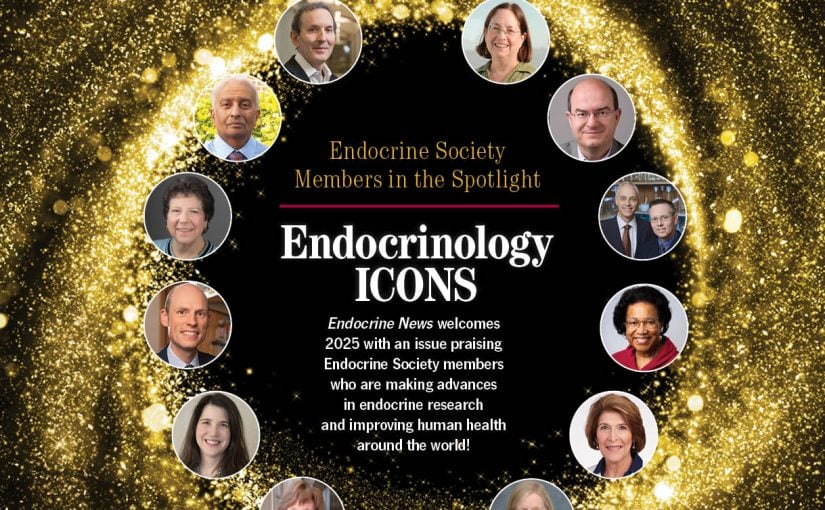Over the past few years, the evolving nature of healthcare delivery and the growing emphasis on improving quality and reducing costs have created both challenges and opportunities for practicing endocrinologists. To support clinicians, the Society has developed a number of tools, resources, and programs.
Throughout the implementation of healthcare reform, the development of federal incentive programs and new care models have provided a number of opportunities for the Society to advocate on behalf of its members. The Society has worked with federal agencies, including the Department of Health and Human Services (HHS) and the Centers for Medicare and Medicaid Services (CMS) to help shape quality improvement programs and to ensure coverage for services, like chronic care management, that cognitive specialists provide.
Through these efforts we’ve made progress. We successfully advocated for delays of meaningful use and the ICD-10 transition, and added exemptions for physicians who are unable to meet the federal quality program requirements. Going forward, we will continue this work to ensure that all endocrinologists are able to participate in these programs through the development of appropriate, risk-adjusted performance measures.
Disease prevention with appropriate physician reimbursement remains a key priority for the Society, and we have worked with Congress, CMS, HHS, and the White House on a host of issues impacting endocrinologists, including repealing and replacing the sustainable growth-rate formula, gaining Medicare coverage for continuous glucose monitors, the establishment of a National Diabetes Clinical Care Commission, and increased appropriations for the National Diabetes Prevention Program. The Society also continues to work with the U.S. Preventive Services Task Force on screening recommendations for endocrine conditions and expects continued success, like the expansion of screening for type 2 diabetes.
Enhancing clinical care through evidence-based resources, like the Society’s clinical practice guidelines, is yet another way that the Society supports our physician members. In 2014, the Society published four new guidelines (Pheochromocytoma/Paraganglioma, Androgens in Women, Acromegaly, and Paget’s Disease of the Bone) and expects to release six additional guidelines in 2015. We’ve also been using these guidelines to serve as the basis for complementary resources, like performance improvement modules and educational programming, to enhance clinical care. We are planning to bring members new resources in the coming year.
The Society continues to advocate for our members at the American Board of Internal Medicine (ABIM), pressing for reform of its Maintenance of Certification (MOC) system. We believe that progress is being made and that ABIM is open to change. In particular, we are pleased that this summer ABIM added several of our nominees to its subspecialty boards and council, including Past President William F. Young, Jr; Vice President for Physicians in Practice, Susan Mandel; and Association of Program Directors in Endocrinology, Diabetes and Metabolism (APDEM) Past President Ashok Balasubramanyam. With these Society leaders working from within, we expect far more responsiveness from ABIM in the future.
In September, we again met with leaders from across internal medicine at ABIM for the Liaison Committee on Certification and Recertification. Building on our previous discussions, we provided recommendations to optimize communication with specialty organizations (leadership and members) and to improve the system for physicians by alleviating cost concerns, broadening the types of educational activities that will fulfill MOC requirements, and seeking third-party review of both the purported efficacy of MOC and the unintended workforce implications of this system. Finally, we continue to lead the call for ABIM to cease and desist publishing pejorative communications regarding MOC status, namely the statement “not meeting MOC requirements” with respect to those holding timeunlimited certificates.
The coming year brings great opportunities to enhance the Society’s role in advocacy and education programming to improve the practice of endocrinology. I look forward to engaging with you further on these issues. If you have any questions or comments, please contact me at [email protected].
Richard J. Santen, MD
President, Endocrine Society

